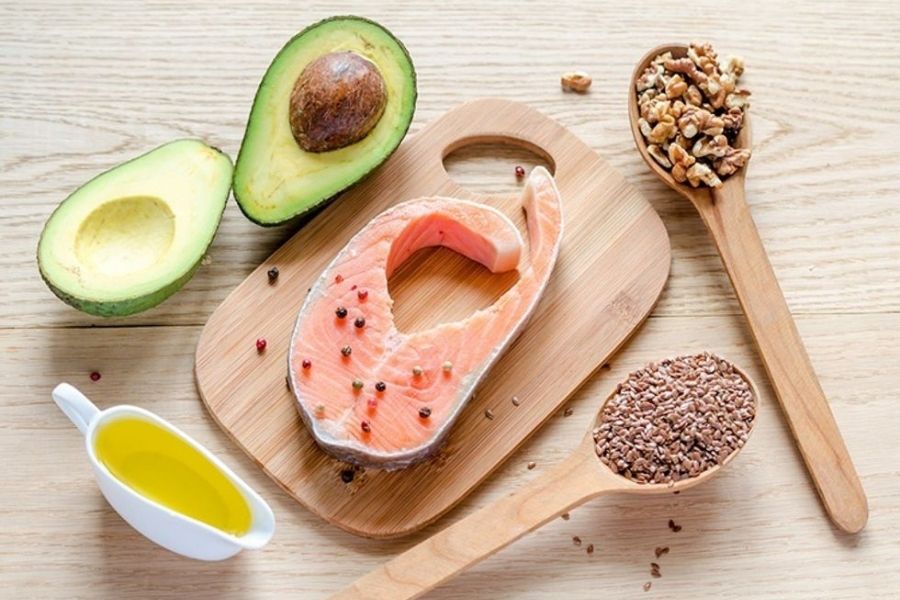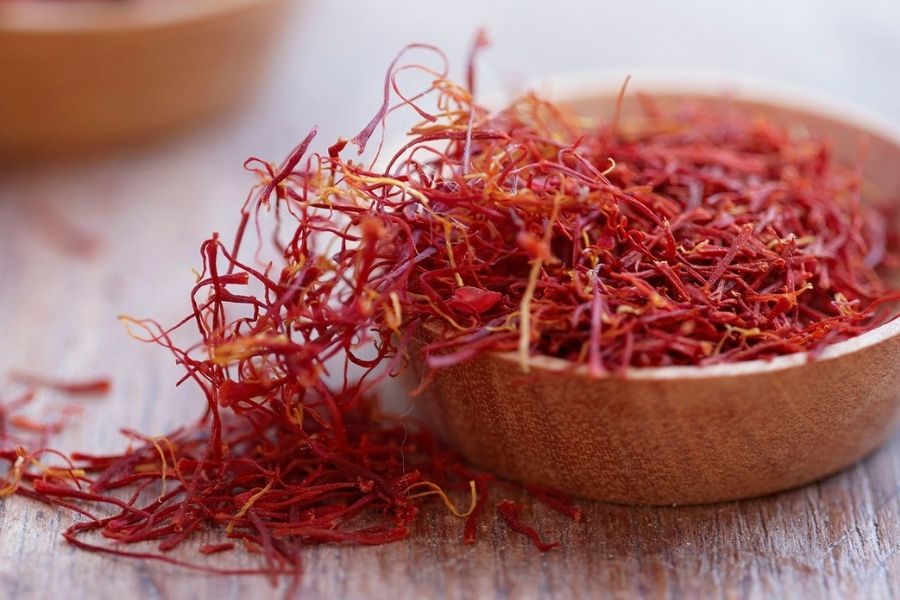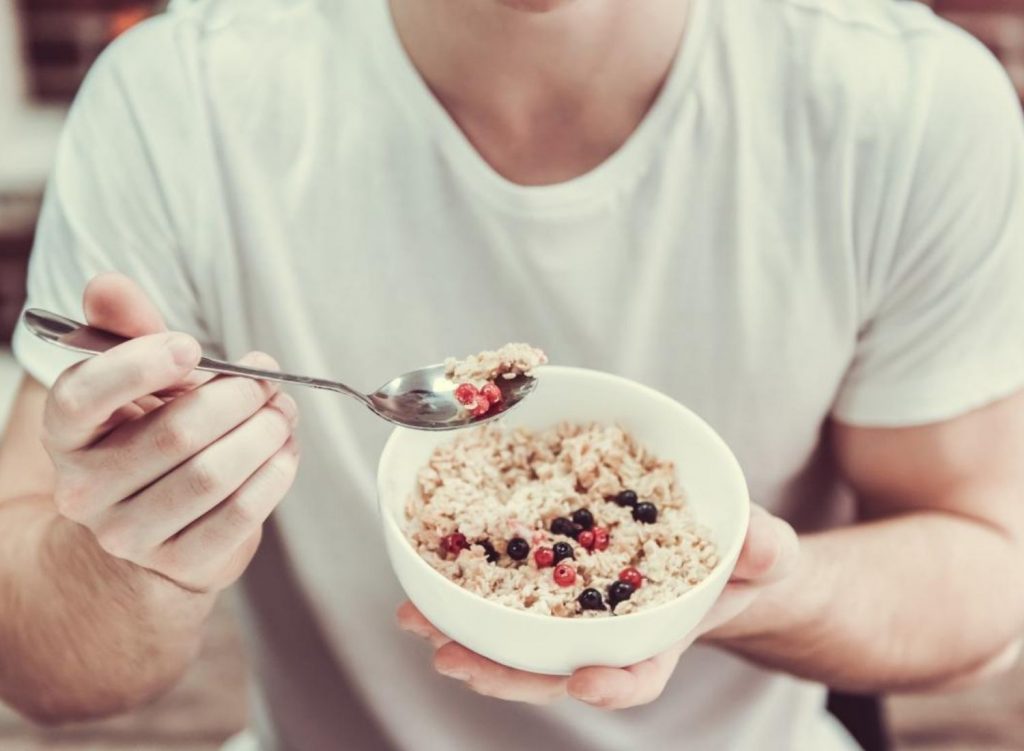The right kind of food can help prevent various illnesses, and depression is one of them. The food you eat plays an important role in your mental health. Although there aren’t direct connections between depression and foods or how one affects the other, it is not ignorable that a proper diet is essential to a healthy brain. Therefore, here is a listicle of healthy foods for depression that you should add to your diet.
The inclusion of these foods to your diet benefits your brain by boosting its mental capabilities, keeping it fresh and active. Their nutritional benefits suffice your bodily needs, too, while lessening the chances of depression. Therefore, eat healthily and see how you conquer it.
Healthy Foods For Depression
1. Omega 3 Fatty Acids

Omega-3 fatty acids are a healthy type of fat. It is found in fishes, such as salmon, trout, and sardines. They are available in supplement form in fish oil capsules. According to the Mayo Clinic, researchers have observed that people with two brain chemicals at low levels found in fish oil supplements are at an increased risk of depression.
It’s ideal for getting a higher DHA ratio to the EPA; they are both types of omega-3 fatty acids. While taking fish oil supplements to get omega-3 fatty acids, try to increase the fish intake. Some fish may contain high mercury levels, including swordfish, tilefish, king mackerel, and shark.
2. Antioxidant-rich Foods

Antioxidants are vital nutrients that help in keeping the brain healthy. It lowers psychological stress, mood disorder, anxiety, and the formation of free radicals. Free radicals are responsible for grey hair, aging, and other illness. There isn’t a sure-shot way to stop free radicals completely, but you can reduce their destructive effect by eating antioxidant-rich foods. The foods include:
- Vitamin A: apricots, broccoli, tomatoes, collards, peaches, pumpkin, carrots, spinach, sweet potatoes
- Vitamin E: seeds, nuts, vegetable oils, wheat germs
- Vitamin C: blueberries, broccoli, grapefruit, kiwi, oranges
3. Protein-rich Foods

Foods like tuna fish and chicken have an amino acid tryptophan, which makes serotonin, the feel-good hormone. Eat good quality protein-rich foods, especially when you need to clear your mind and boost up your energy. Sources of healthy proteins are beans and peas, lean meats, low-fat cheese, fish, milk, poultry, soy products, yogurt, etc.
4. Select Selenium-rich Foods

The recommended amount by the health professionals for selenium is 55 micrograms a day for adults. Selenium helps maximize the body’s antioxidant defenses to safeguard it from oxidative damage, leading to depression. Studies have reported a connection between low selenium intake and poor moods. Low dietary selenium intake results in depressive symptoms. Selenium-rich foods include:
- Beans and legumes
- Low-fat dairy products
- Nuts and seeds (particularly brazil nuts)
- Seafood (oysters, saltwater fish, clams, sardines, crab, and freshwater fish)
- Whole grains
5. Saffron

Saffron is a kind of spice extracted from a dried portion of a crocus. According to a study in Alternative Medicine, taking saffron stigma (the end of the carpel in the flower) has been effective in treating mild to moderate depression.
6. Folate

Taking 500 micrograms of folic acid has been linked with improving the effectiveness of other antidepressant medications. You can increase your folate levels in the body by consuming folate-rich foods daily like beans, lentils, fortified cereals, dark leafy greens, sunflower seeds, and avocados.
7. Zinc

It is a nutrient linked with mental functions like learning and behavior. Hence, consuming zinc is essential for brain health. Low levels of blood zinc may be the cause of depression. According to Nutrition Neuroscience, taking 25 mg of zinc supplement daily for 12 weeks can help reduce depression symptoms. But consult a physician or a registered nutritionist or a registered dietitian before taking any supplements.
Adding these healthy foods for depression to your diet may lend a helping hand to get rid of this silent killer. Start consuming healthy foods and save yourself from stress, anxiety, depression, and other mental issues.







